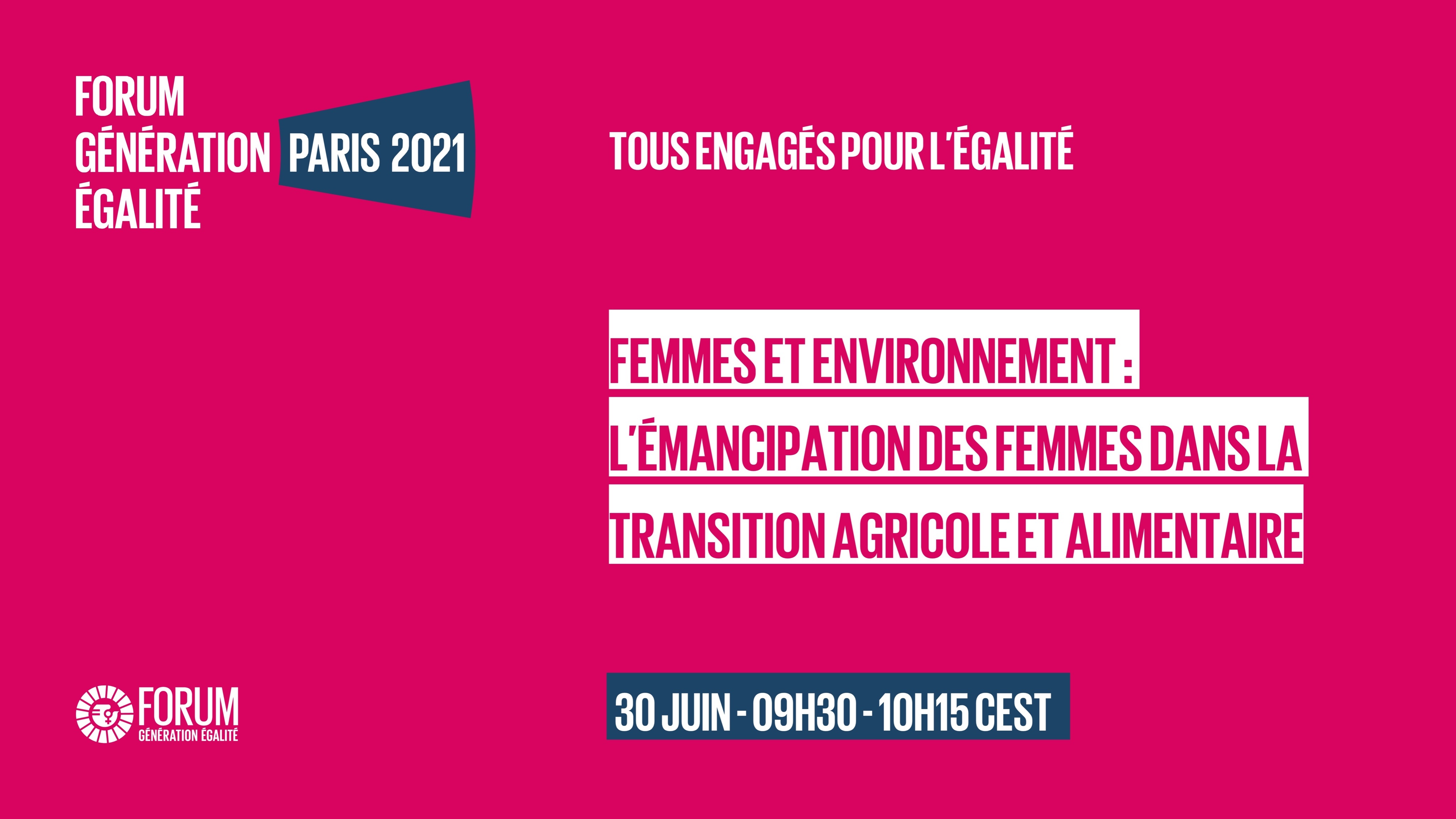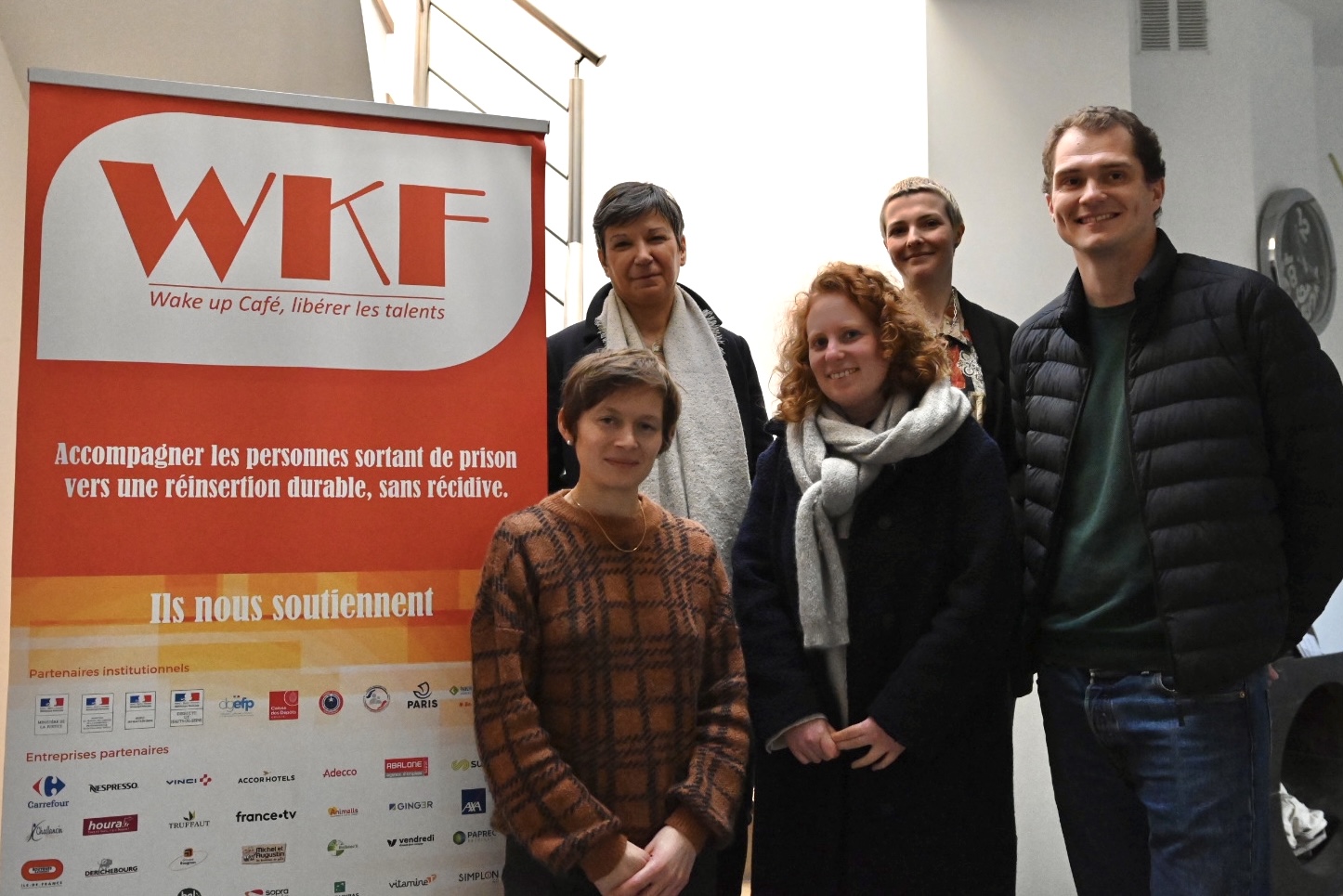Talita: the association that supports women survivors of prostitution
During a field visit to Talita's headquarters in Stockholm, the foundation had the opportunity to interview two members of the association, Chuna, director of Talita Asia, and Izabella, manager of the Little Talita shelter.
10 July 2023
How was the Talita association created? What are its objectives?
Talita began its activities in the late 1990s, at a time when many women were victims of prostitution in Sweden. During that period, several programs were established by various actors to assist people dealing with addictions (drugs, alcohol). However, women who were victims of prostitution did not have programs specifically tailored to their needs, despite often being subjected to abuse and violence. No organization was dedicated to listening to their stories and providing assistance.
The Bus project, launched in 1998, involved reaching out to these women in Stockholm, engaging in dialogue with them, and providing clothing and food. In 2004, Talita was officially launched to implement a social reintegration program for women who were victims of trafficking.
In 2012, Villa Talita was opened, providing temporary shelter to facilitate the social and professional integration of victims. Their needs are diverse, and the process can be lengthy, including finding employment, receiving post-traumatic therapy, sexual education lessons, legal assistance, and more.
Today, Talita is also present in Kenya, the Philippines, Romania, and Mongolia.
How would you describe Talita’s approach?
Talita’s approach can be summarized as:
“Trying to see each woman as a whole individual.”
The association provides ongoing support to these women, adapting to the needs of each individual and offering tailored solutions.
Typically, beneficiaries stay in Villa Talita, a safe place, for one year where they are secure. They then move to a transitional apartment for an additional year. During this period, they are free to work, study, and so on. At the beginning of the program, many of them are unemployed and need to readjust to Swedish society. Having employment enables them to become financially independent.
Talita received support from the RAJA-Danièle Marcovici Foundation’s pedometer campaign in 2022. What kind of support did you receive from the Foundation, and how did it benefit Talita?
Talita receives financial support from multiple sources, including the RAJA-Danièle Marcovici Foundation. The funds received through the pedometer campaign enabled the organization to develop actions that meet the women’s needs. For example, some women supported by the association lacked the means to educate their children who remained in their countries of origin.
What is the profile of your beneficiaries? How many women do you assist?
Talita is in contact with nearly 300 women who are victims of trafficking, many of whom are from other countries. Out of those, 65 are directly involved in the rehabilitation program.
Typically, the police and social workers identify trafficking victims in hotels and refer them to the association.
What projects is Talita currently working on? How are they adapted when implemented in other countries?
Talita aims to replicate its long-term assistance program for women who are victims of trafficking. In other countries, it adapts to different needs and provides assistance to various beneficiary profiles.
In Mongolia, between 2014 and 2017, Talita provided assistance to women with children. From 2017 onwards, they started supporting underage women. Prostitution was prohibited in the country and considered a taboo at that time. However, the situation has evolved, and now local police, for example, accept hearing the testimonies of victims of prostitution and abuse.
In Romania, Talita works with women who have children. A dedicated house is allocated to them, where mothers receive advice on child education and practical lessons for daily life. In this country, human trafficking is often openly denounced, while prostitution and the resulting abuses remain invisible. The national law prohibits engaging in prostitution and purchasing sexual services, but the penalties primarily affect women.
In the Philippines, Talita provides assistance to street boys.
In Kenya, they have established two shelters: one for women who are victims of prostitution and another for those with children.
To drive changes in attitudes and laws, Talita also collaborates with CAP International and advocates to governments and political bodies.

Talita Sweden helps women victims of human trafficking. This Swedish association was the winner of the Pedometer 2022 operation organized by the RAJA-Danièle Marcovici Foundation and the RAJA Group on November 25. Through prevention, awareness-raising and a reintegration program, Talita actively combats violence against women and girls in Europe, Africa and Asia.



